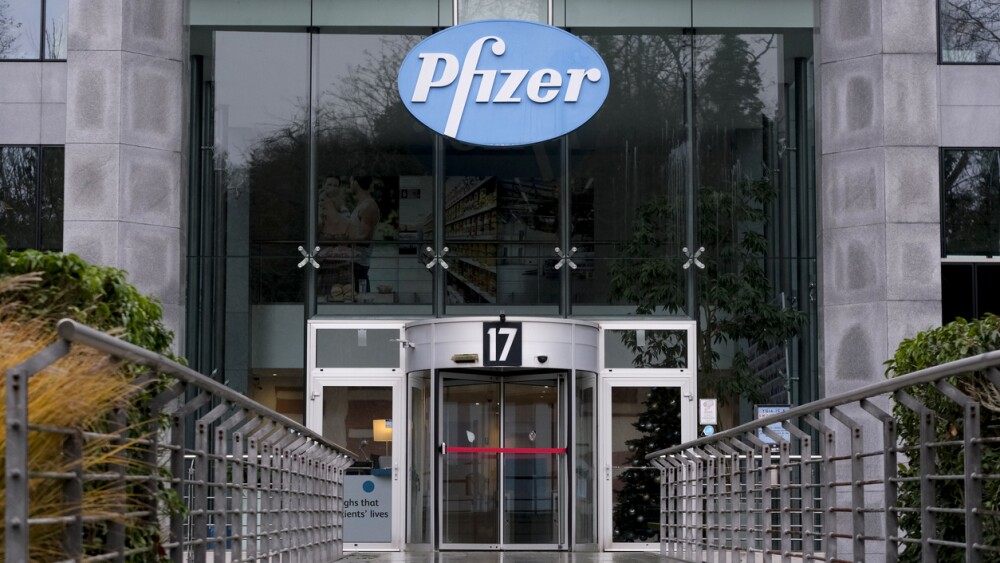March 28, 2016 (Last Updated: 5:50pm PT)
By Mark Terry, BioSpace.com Breaking News Staff
Hyberabad, India-based Dr. Reddy’s Laboratories , announced today that it had inked a licensing deal with Santa Clara, Calif.-based XenoPort worth more than $490 million.
Dr. Reddy’s Laboratories will gain exclusive U.S. rights to develop and market XP23829 for all indications, including moderate-to-severe chronic plaque psoriasis and potentially for relapsing forms of multiple sclerosis (MS). Dr. Reddy’s will pay an upfront payment of $47.5 million to XenoPort and an extra $2.5 million for specific clinical trial materials. XenoPort is also eligible for up to $190 million in various regulatory milestones, and $250 million in possible commercial milestones. Royalties up to the mid-teens have also been negotiated.
“XP23820 complements our internal development efforts, which have primarily focused on the mild-to-moderate psoriasis segment to date,” said Raghav Chari, executive vice president, Proprietary Products Group, for Dr. Reddy’s Laboratories, in a statement. “In other markets, fumarates have been used as first line choices of treatment prior to initiation of biologic therapies in patients with moderate-to-severe psoriasis. We intend to initiate the registration program for XP23820 as soon as feasible so that we can accelerate the availability of this important treatment choice for moderate-to-severe psoriasis patients in the U.S. market.”
XP23820 is an oral fumaric acid ester that acts as a prodrug for monomethyl fumarate (MMF). Biogen ’s blockbuster drug, Tecfidera, for MS, and Fumaderm, for psoriasis, are based on another MMF prodrug, dimethyl fumarate (DMF).
Cambridge, Mass.-based Biogen (BIIB) has dominated the MS market, but has made some shifts toward the even higher-risk areas of Alzheimer’s drugs. It has initiated enrollment in two identical Phase III clinical trials for its drug aducanumab, with a total combined 2,700 patients. Analysts project the trial costs to exceed $1 billion. Data is expected through 2020, with completion in 2022.
Its MS franchise has been facing stiff competition, pricing pressures, and a decreasing number of untreated patients. The company’s 2015 second quarter financials showed softer sales of Tecfidera than as expected, although they improved in the third quarter.
In January, there were reports that XenoPort might be up for sale. The company’s main focus has been drugs for restless leg syndrome, but was rumored to be working with investment banks and contacting potential buyers.
In October 2015, XenoPort announced it was restructuring to maximize its HORIZANT (gabapentin encarbil) drug for restless leg syndrome. It was cutting 25 jobs and its chief executive officer and director, Ronald Barrett, was retiring immediately. He was replaced by Vincent Angotti, who was previously executive vice president and chief operating officer.
But on Sept. 15, the company announced positive results in its Phase II clinical trial of XP23820 for psoriasis. It met its primary endpoint in both the 800 mg daily dosage and 400 mg twice daily dosage, demonstrating statistically significant improvement.
It had also terminated its XP23820 program for plaque psoriasis.
The drug showed significant gastrointestinal-related side effects that caused almost a third of its 200 subjects to drop out of its psoriasis study. Side effects included nausea, vomiting and stomach ache. Eric Schmidt, an analyst with Cowen & Co., told Reuters at the time, “XenoPort should stop spending limited resources on a drug that, while active, appears to be inferior to the standard of care in psoriasis.”
Which apparently they did, selling it to Dr. Reddy’s Laboratories.
Dr. Reddy’s has a big interest in generics and biosimilars. In the U.S. market, its focus is on dermatology and neurology.





